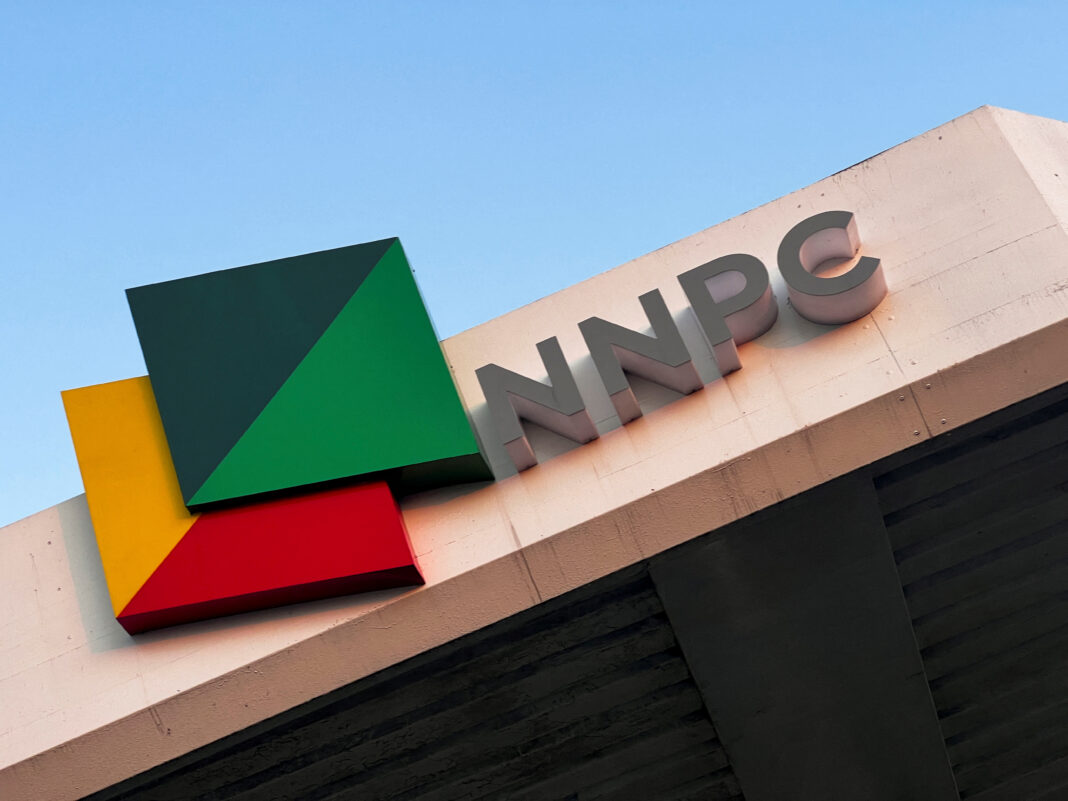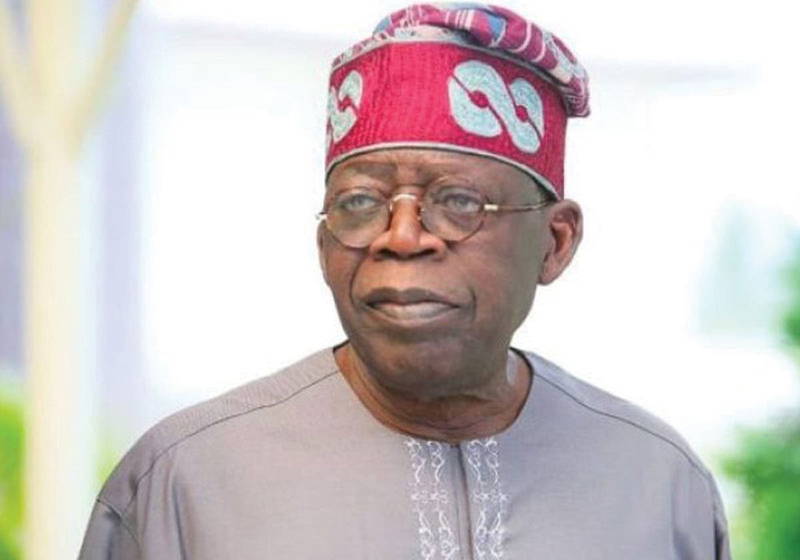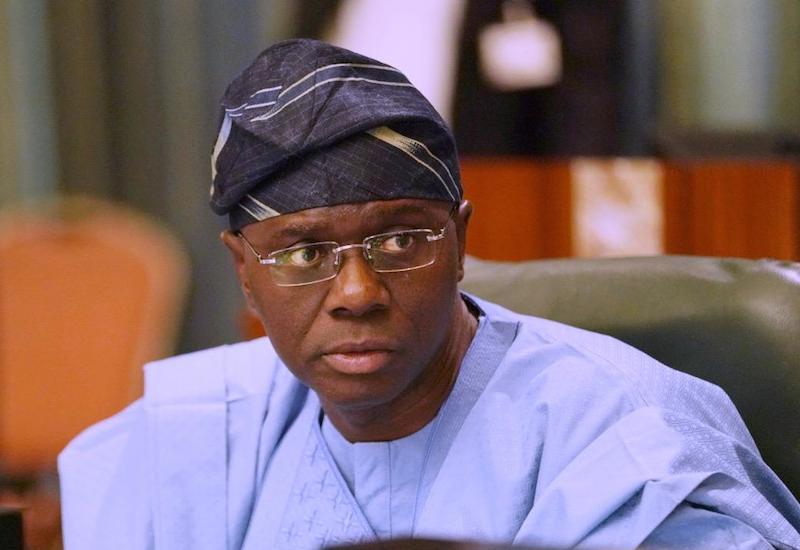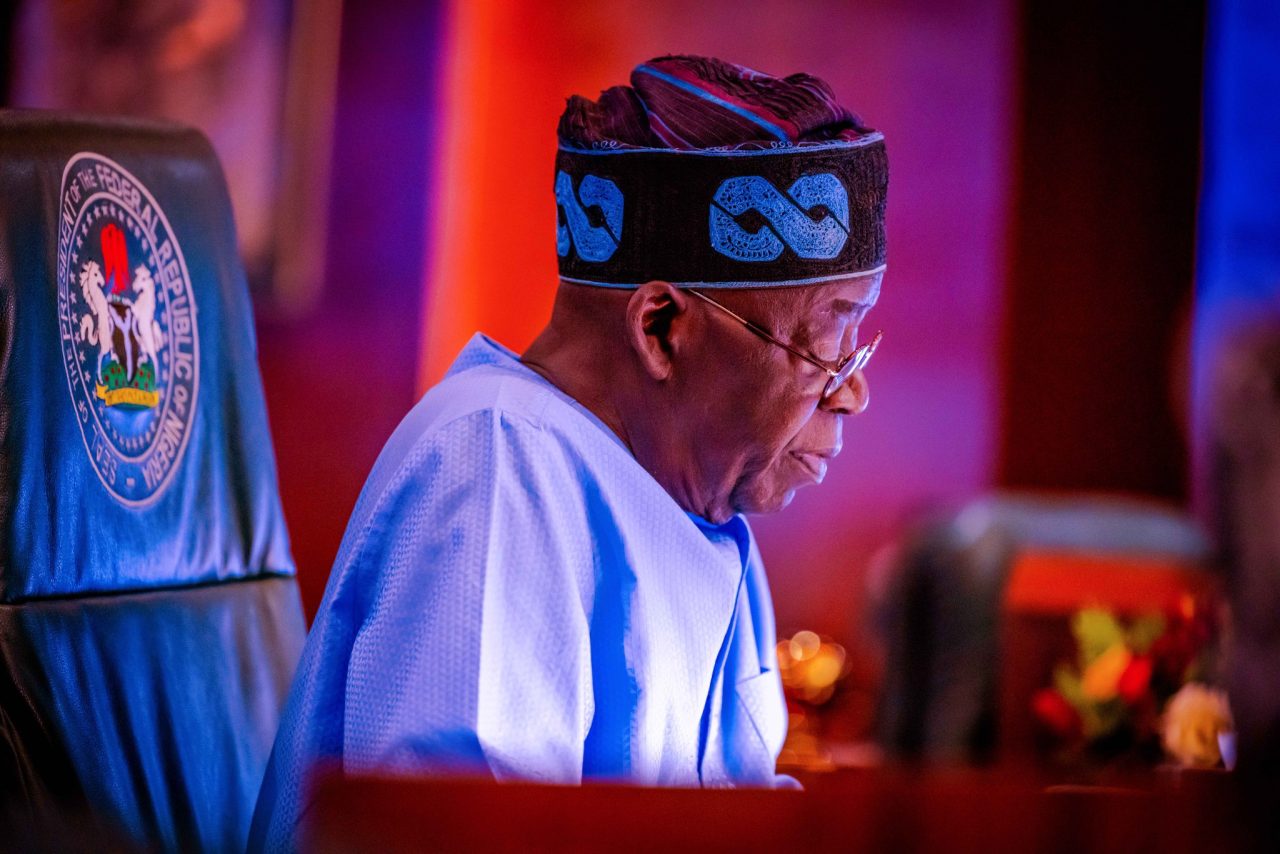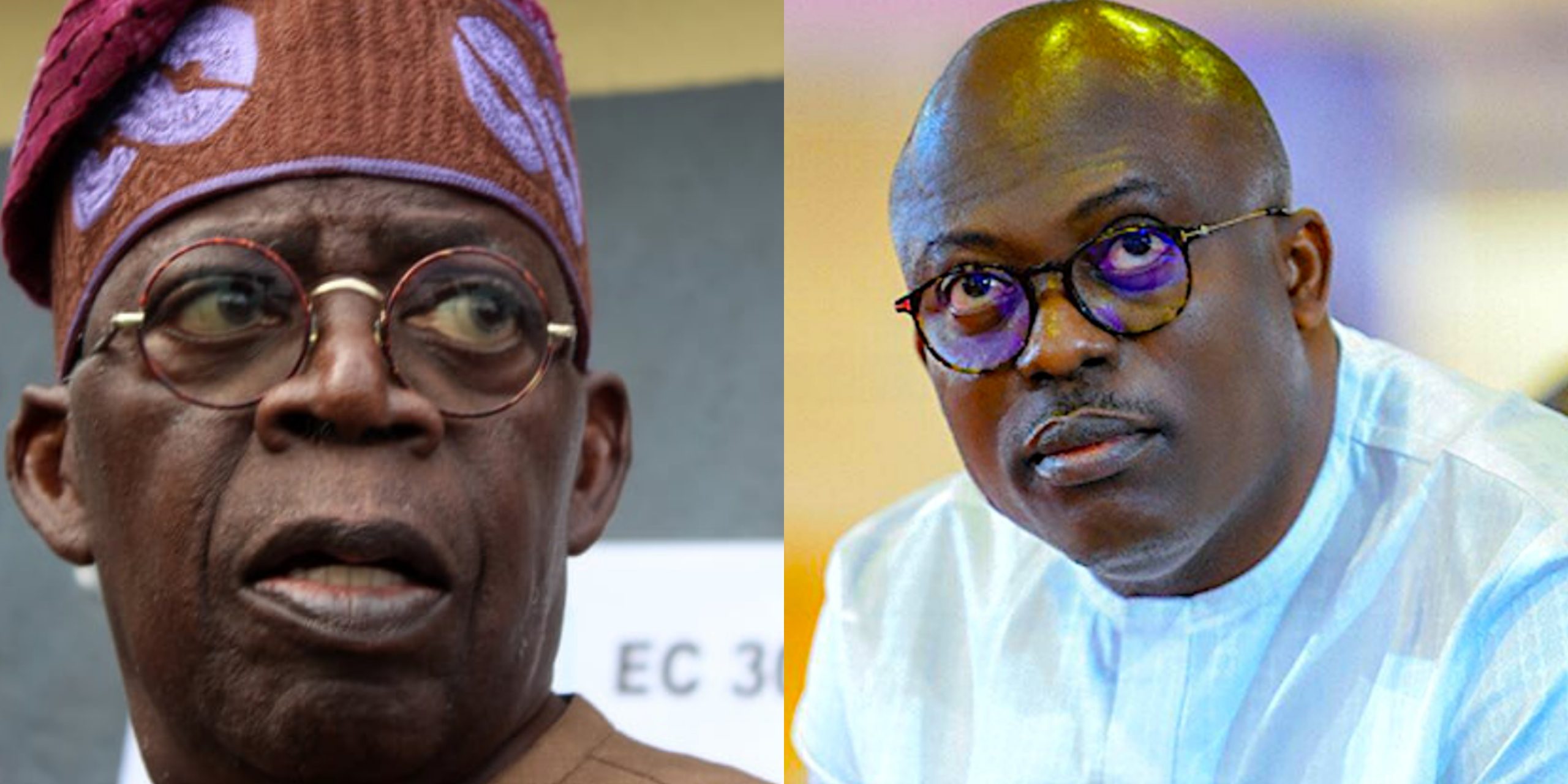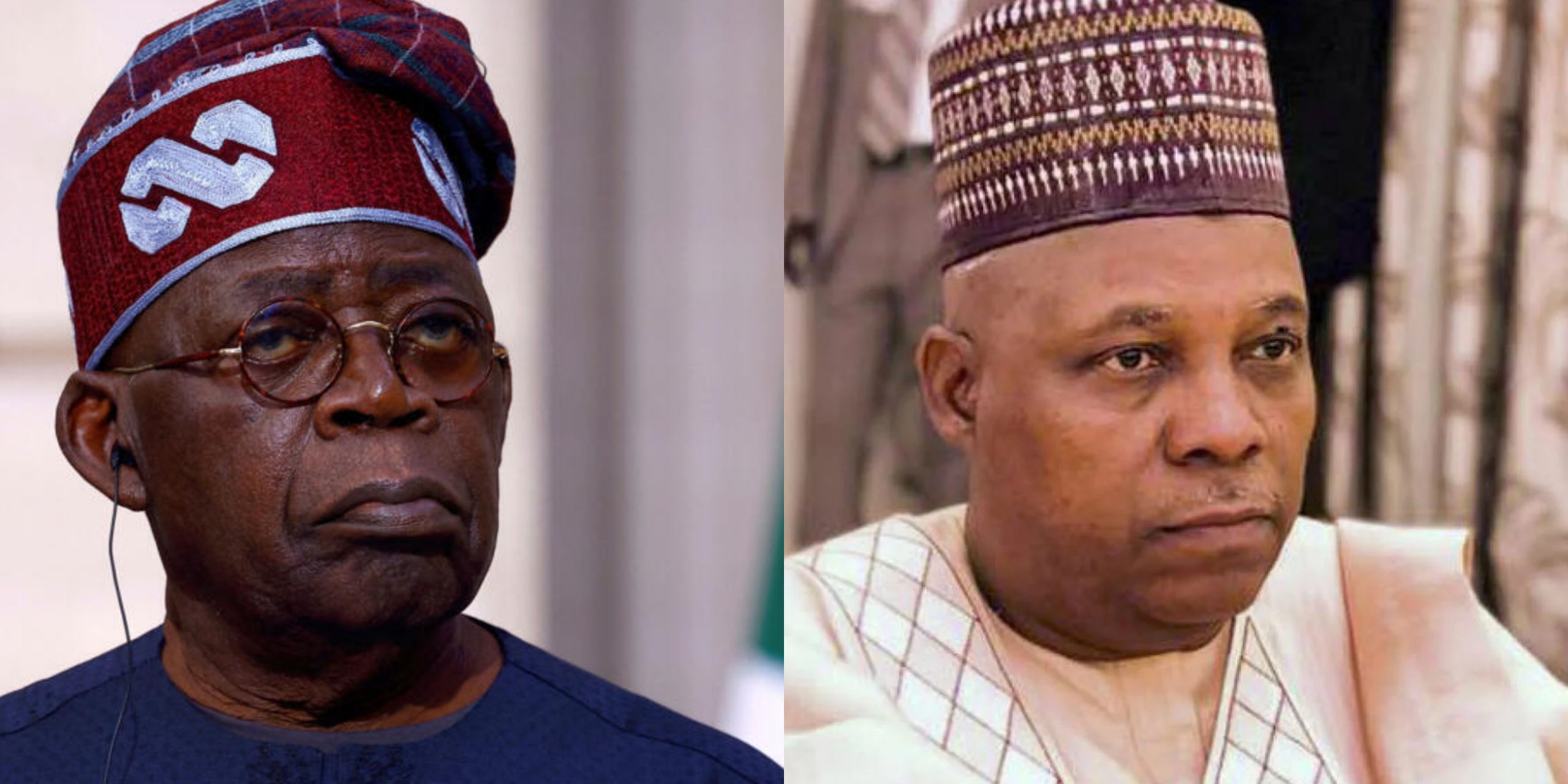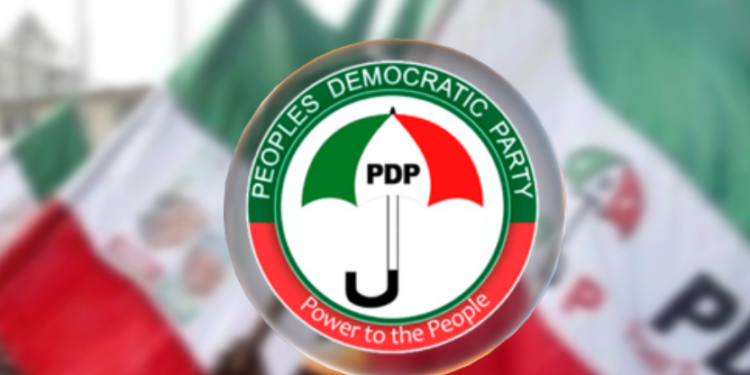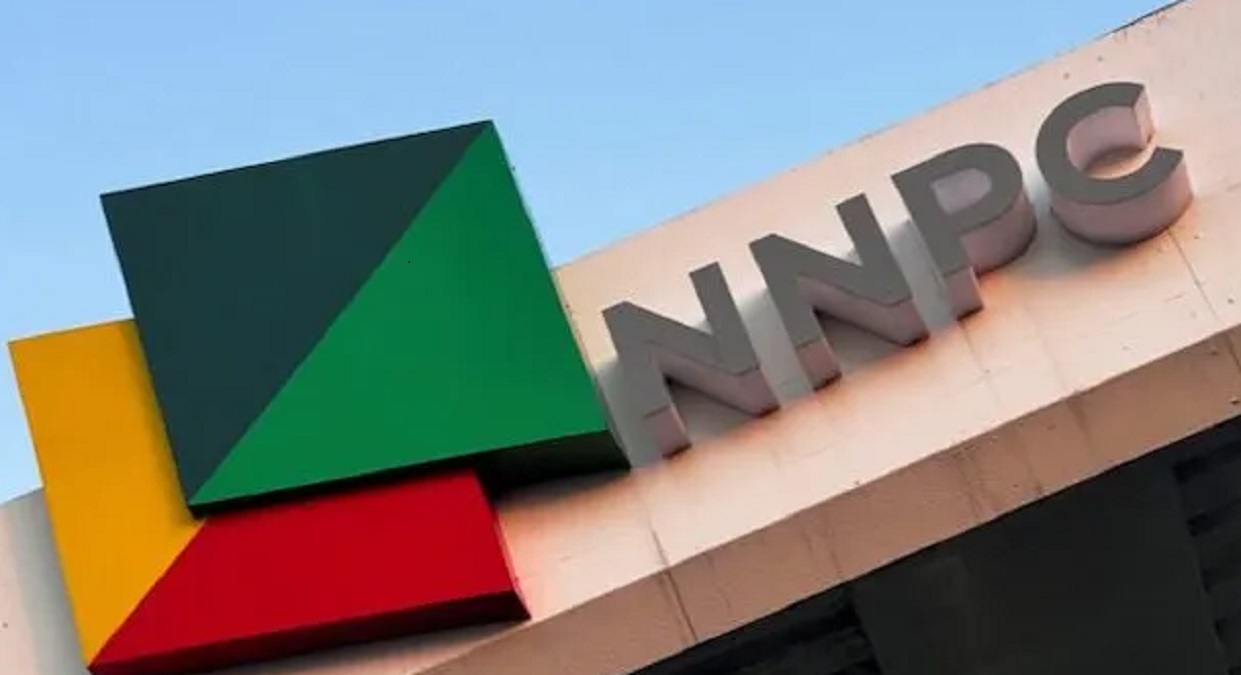An insider has revealed why the NNPC increased petrol prices and stopped acting as a middleman for Dangote refinery.
The decision came from the financial pressures the NNPC had faced due to high subsidy payments and its role as the only distributor of petrol.
Since the Dangote refinery began production on September 3, the NNPC had struggled with the logistics of getting petrol to consumers, leading to a big supply shortfall.
In its first weeks, the refinery delivered only about 102 million litres of petrol instead of the expected 400 million litres.
This shortfall forced the NNPC to spend nearly N13 billion to keep petrol prices steady at the pumps in the second half of September.
The financial burden had worsened because of changes in foreign exchange rates, which have affected the cost of buying petrol.
The NNPC had to sell petrol at a fixed price of N749.99 per litre, losing an average of N133 on each litre sold.
On October 7, the NNPC announced it would no longer be the sole distributor for Dangote’s petrol, mainly to relieve the financial strain caused by a $6 billion debt to international suppliers.
This change will allow other marketers to buy petrol directly from the refinery at market prices.
While petrol prices may rise at first, this move could lead to more competition and help stabilize supply in the long run.
“While the PMS discharge from the station may have sliced off a portion of the country’s fuel import requirements, it was still a far cry from expectation as the refinery only delivered 102,973,025 litres, out of the 400 million it pledged to supply within the period.
“The Nigeria National Petroleum Company (NNPC) had to cough out nearly N13 billion for Nigerians to buy the commodity at the price they did in the second half of September.
“The NNPC, as the sole off-taker of the product, paid between $746 per metric tonne when the lifting started picking up to $759.40 and sliding down to $714.15 per metric tonne by the end of September.
This sharply affected the product price in naira to N960.85,” he said.
“However, by September 20, the product price slimmed along with the FX rate which dropped to N1,544.02, bringing the PMS price to N893.35. Though the product price from the refinery had come down to $714.15 by the end of the month, the worsening of the FX rate to N1,657.42 made the PMS price close at N937.30.
“To maintain stability at the pump price, the NNPC Trading sold the product to its retail company and other marketers at a fixed price of N749.99 throughout the period.
“With this, the company topped up an average of N133 per litre for every litre bought from the refinery. This came to over N12.5 billion for what a senior official called a ‘paltry 103 million litres.
“The prices are however expected to stabilise in coming days as freeing up of the market would induce competition and potentially stabilising supply chains,” another source said.

